Iran FM hails ‘progressive’ talks in New York, Vienna to revive JCPOA, lift sanctions
Iran’s foreign minister has hailed recent talks in New York and Vienna aimed at the removal of sanctions and revival of the nuclear deal as well as resolving disagreements with the UN nuclear agency as “progressive”.
Hossein Amir-Abdollahian made the remarks on Wednesday in a phone conversation with the European Union foreign policy chief, Josep Borrell.
The top Iranian diplomat, referring to recent talks between the head of the Atomic Energy Organization of Iran (AEOI) Mohammad Eslami and chief of the International Atomic Energy Agency (IAEA) Rafael Grossi in Vienna, said “good” agreements were reached between the two sides.
He also pointed to indirect talks between Tehran and Washington on the sidelines of the 77th UN General Assembly in New York last month.
“In New York, indirect messages were being actively exchanged between Iran and the US and overall, we have had developing talks in New York and Vienna,” Amir-Abdollahian said.
For his part, Borrell expressed satisfaction with the progress in talks, stressing the need to continue efforts towards reaching a final agreement.
The European Union, he stressed, is ready for any sort of cooperation aimed at reaching a deal.
Describing recent talks between Iran and the IAEA as “promising,” the top EU diplomat termed it an important step on the path to reviving the 2015 Iran nuclear deal.
The marathon talks aimed at salvaging the nuclear deal and removing draconian sanctions have been underway since April last year, but Washington's procrastination and foot-dragging have prevented any breakthrough.
The remarks come as Mikhail Ulyanov, Russia's ambassador to the Vienna-based international organizations, told Al Jazeera on Wednesday that he expected the stalled talks in the Austrian capital to resume in mid-November.
On Monday, Amir-Abdollahian said that an agreement will be within reach if the US acts realistically and proceeds with the path agreed upon in a recent exchange of messages.
“We are optimistic,” Amir-Abdollahian told IRIB. “Currently, we have reached a point where there is a common understanding on various issues and this will help us act better and faster in the final steps of the agreement.”
The United States, under the hawkish former president Donald Trump, unilaterally walked out of the deal in May 2018 and reinstated crippling sanctions under the so-called “maximum pressure” campaign.
A year after exercising strategic patience, Iran in 2019 started the process of scaling back its commitments under the deal but maintained that the measures are reversible provided the other party returns to the deal and shows full compliance.
Joe Biden, after being elected early last year, verbally criticized the “failed maximum pressure” campaign of his predecessor and vowed to re-join the deal, however, his administration has failed to walk the talk, slapping new sanctions on Iran and upping the ante.
Iranian officials have on numerous occasions made it clear the US should provide strong guarantees that the future US administration will not withdraw from the deal again.
In recent months, one of the key sticking points in the nuclear deal talks has been the so-called "undeclared nuclear sites" in Iran as claimed by the UN nuclear agency at the behest of the Israeli regime.
Iran maintains that there are no undeclared sites in the country, denouncing the UN agency for succumbing to the Israeli regime's pressure and forfeiting its technical, non-partisan mandate as a UN watchdog.
However, following the Iranian nuclear agency chief's visit to Vienna recently, efforts to resolve the differences are believed to be back on the track.
VIDEO | Press TV's news headlines
Senior Russian general shot and wounded in Moscow: Officials
UK ordered in 'milestone' court ruling to pay $570 million for colonial-era massacre
VIDEO | Defying the rubble, Gaza opens its first face-to-face school since start of war
‘Ready for next round’: Million-man rally in Yemen backs Gaza, resistance
FM Araghchi departs Muscat for Doha following nuclear talks with US
Israeli keeps killing more Palestinian civilians in Gaza amid relentless ceasefire violations
Aliyev: Azerbaijani territory will not be used for threats against Iran


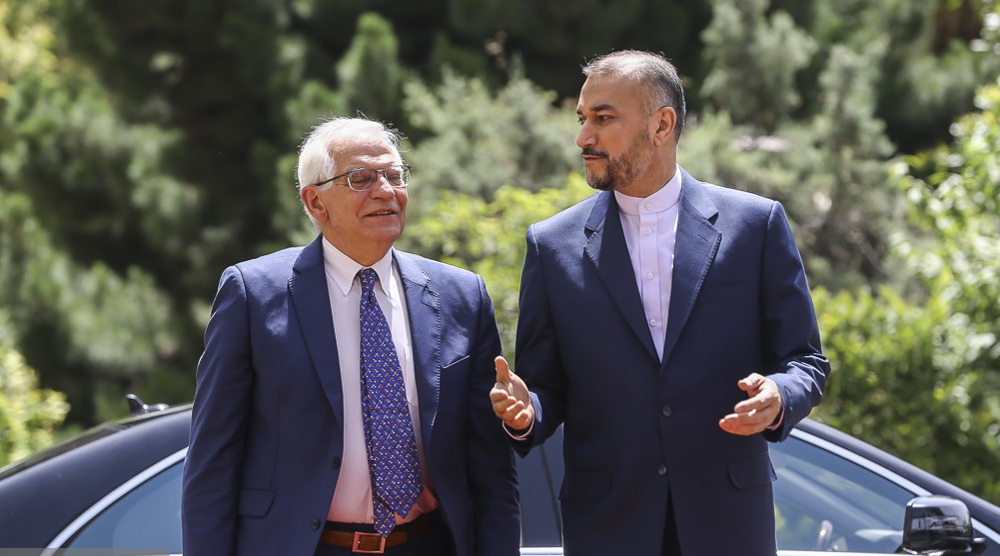
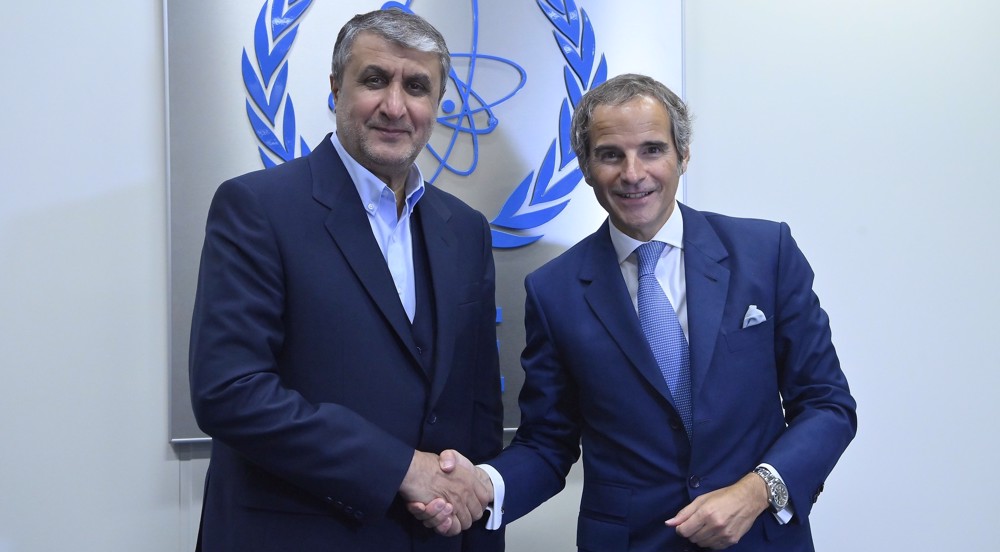
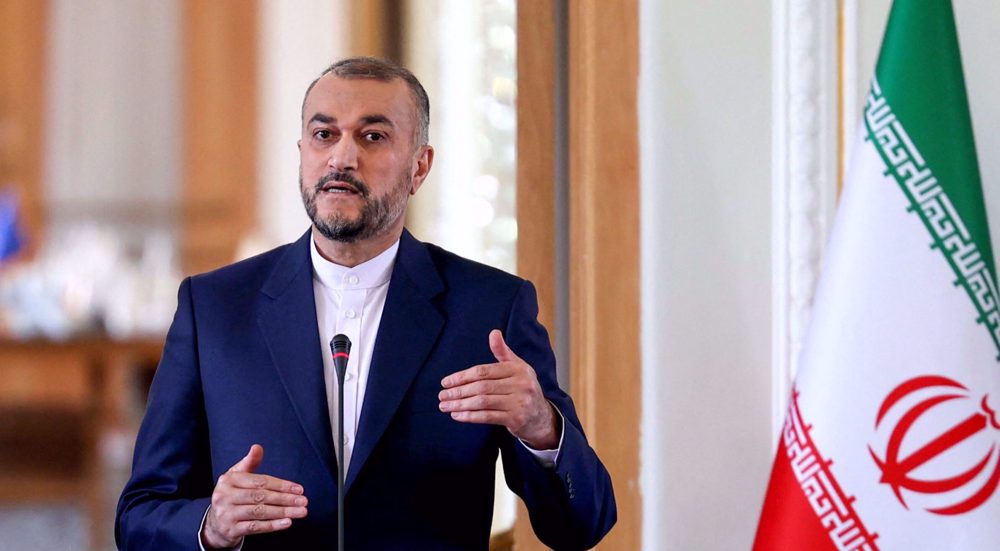
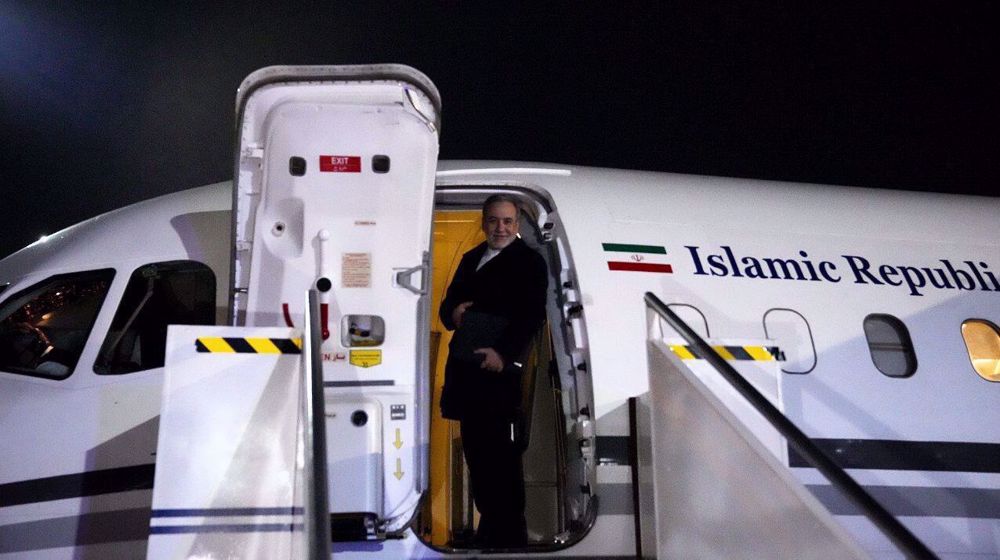
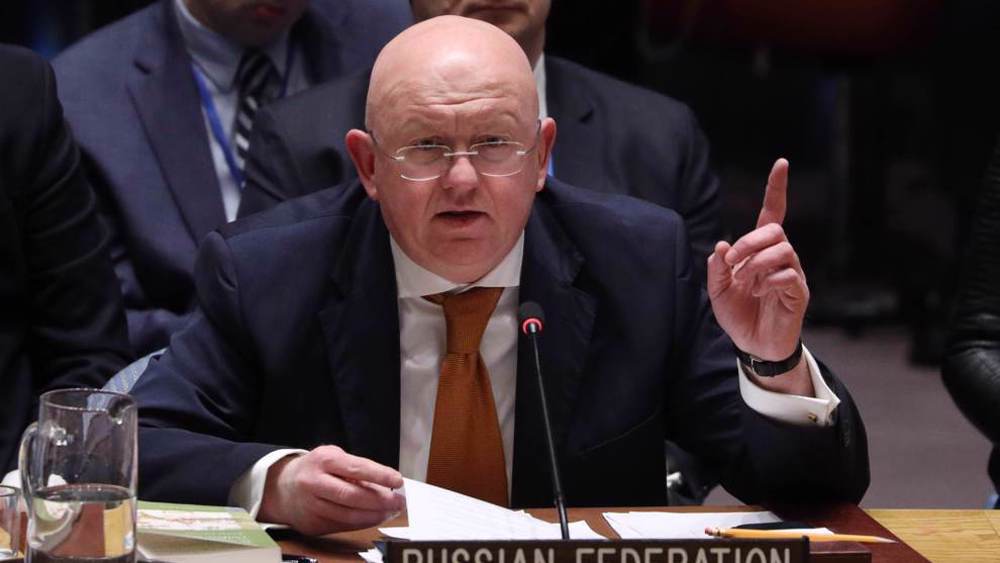
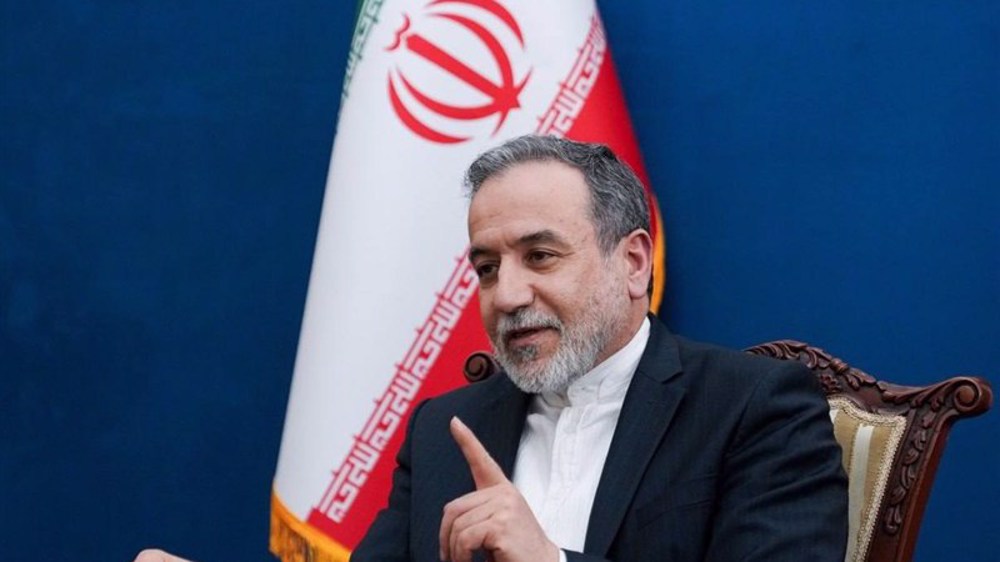



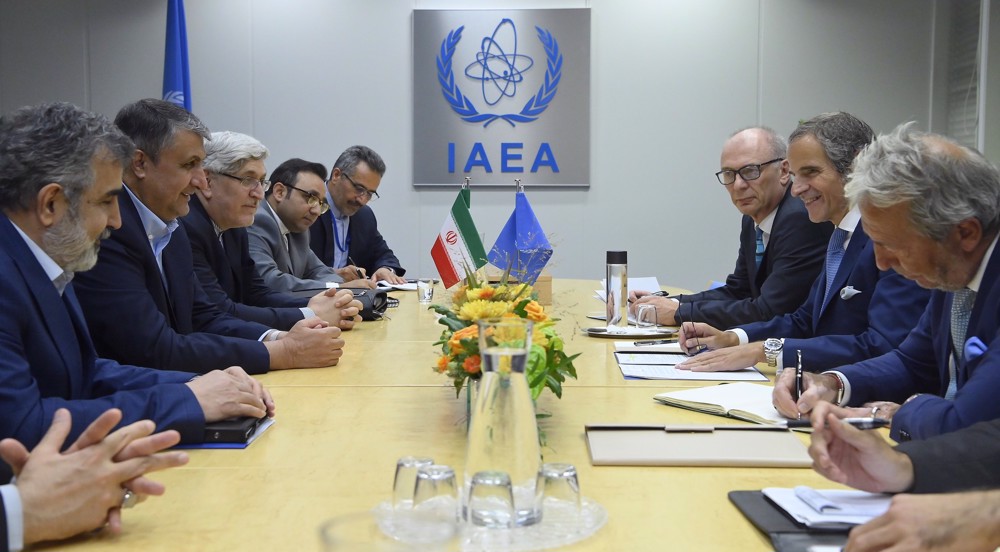
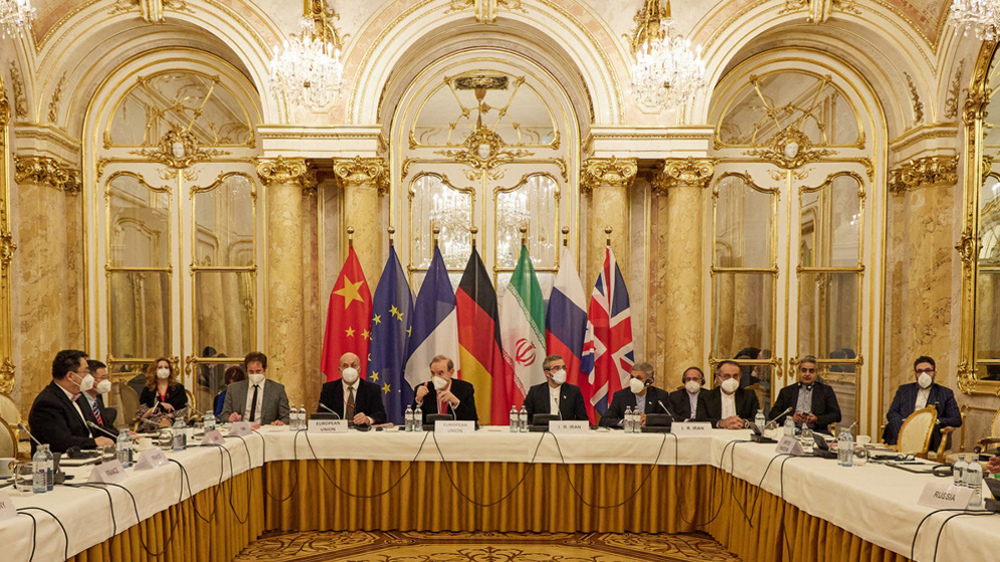
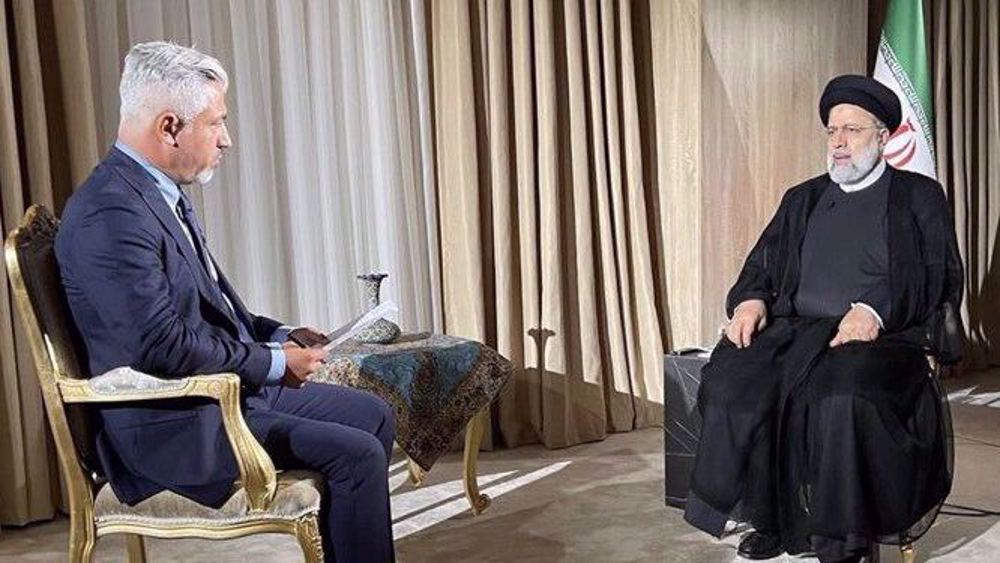
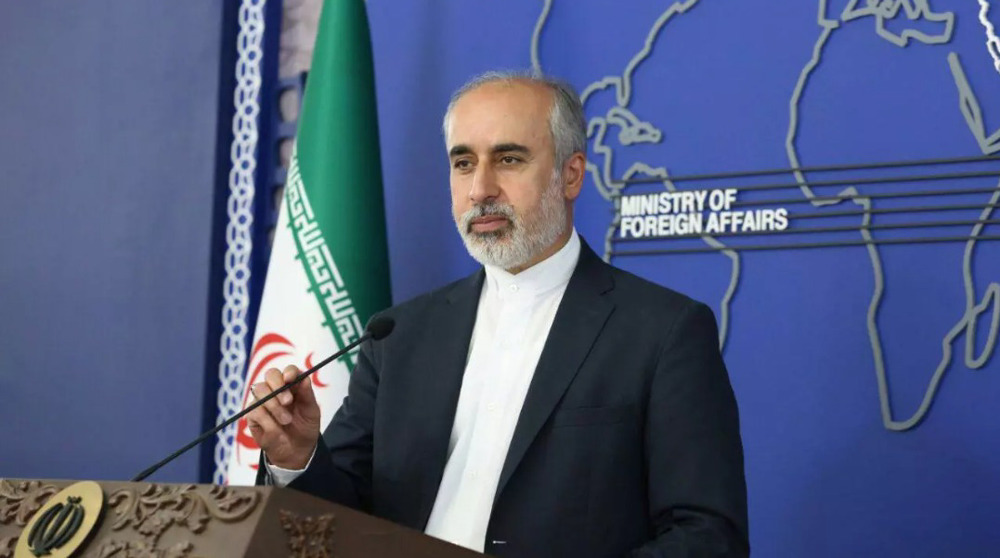

 This makes it easy to access the Press TV website
This makes it easy to access the Press TV website